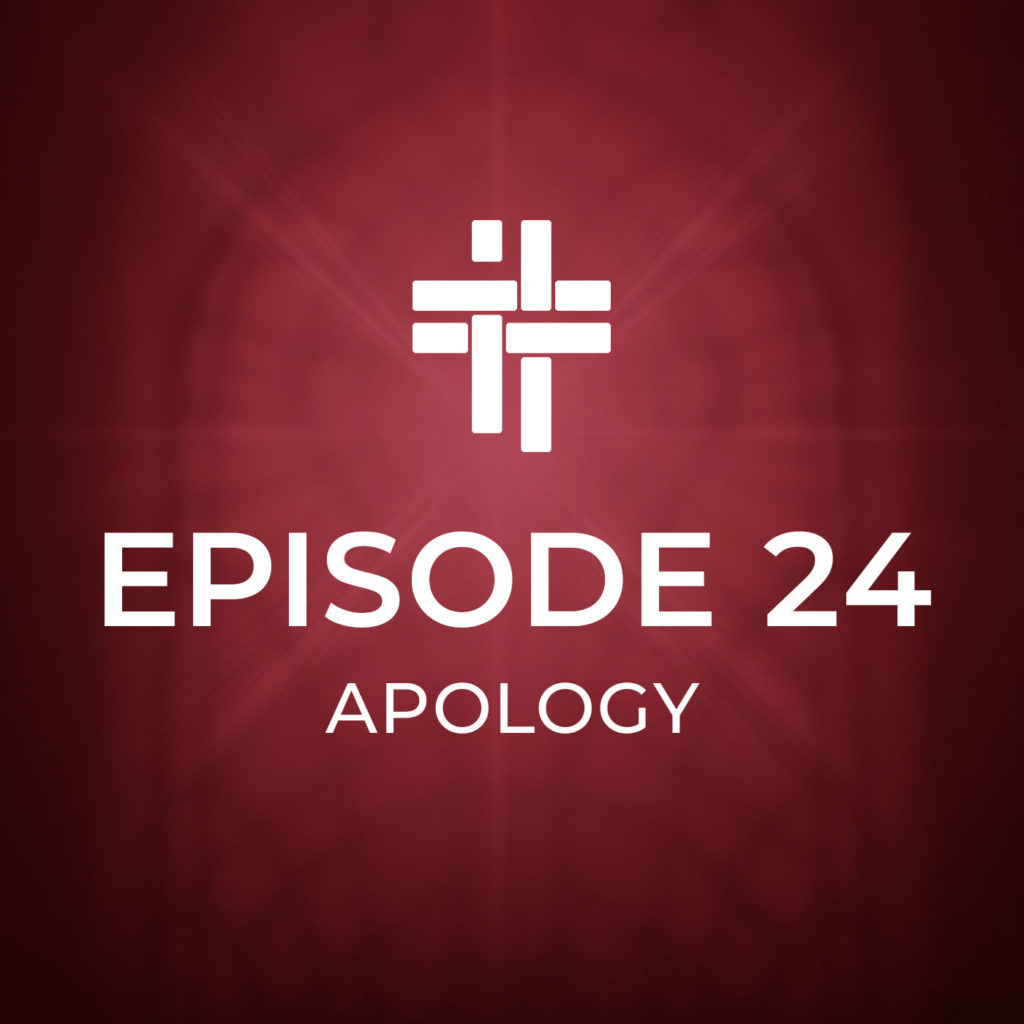While most of us know the importance of an apology, all too often we do not know how to craft a valid apology. We’re not certain what we should say. In this episode, we discover a valid apology must address the primary concern of the wronged party — assurance that “this will not happen again.” We may think an apology addresses the past but, paradoxically, it actually speaks to the future, reassuring the other party that harmful actions will not be repeated.
Podcast: Play in new window | Download (Duration: 11:24 — 15.7MB) | Embed
Subscribe to the podcast
Credits
“Angel Share” and “Concentration” Kevin MacLeod Licensed under Creative Commons: By Attribution 3.0 License


